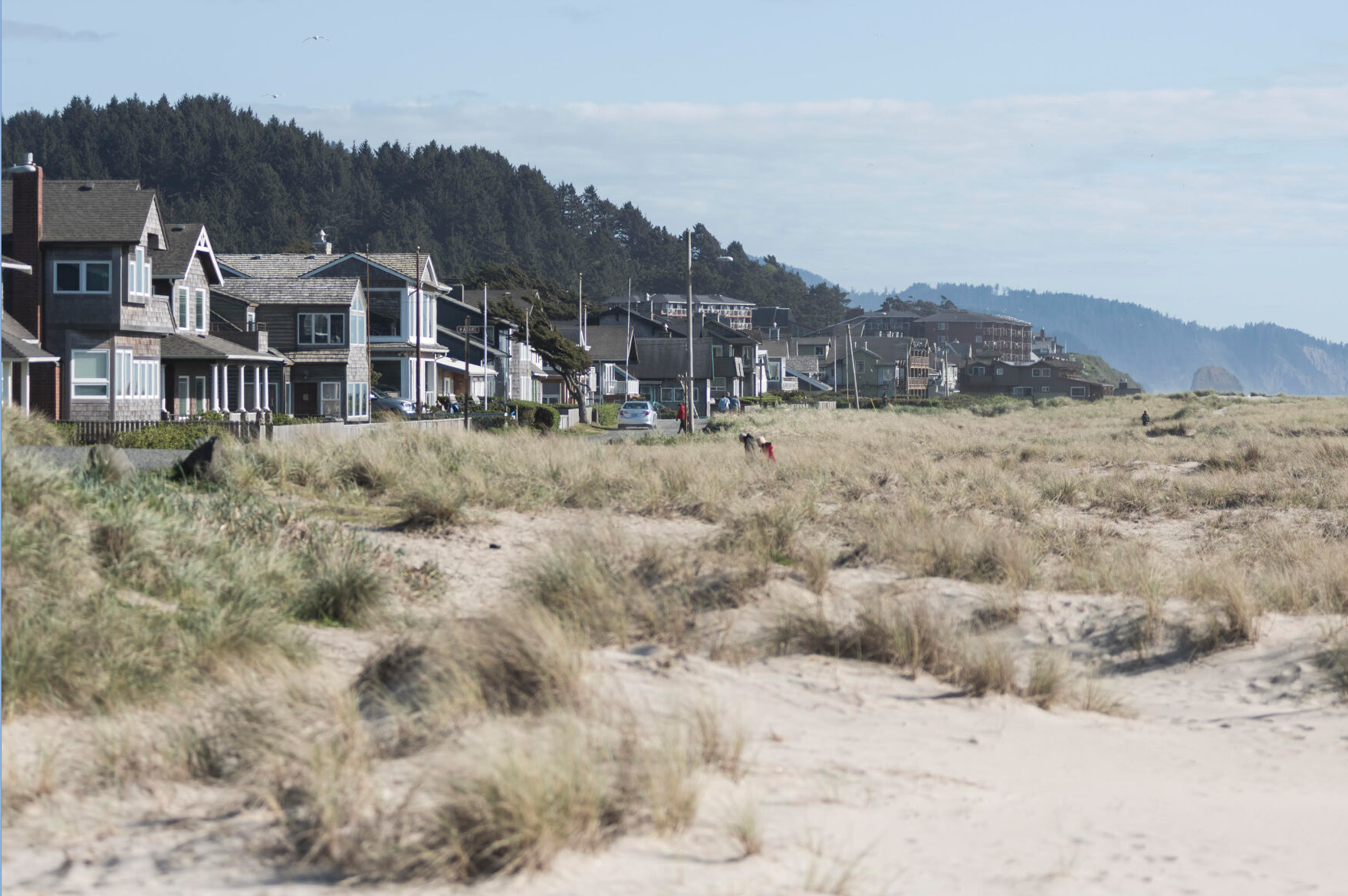Our View: Warrenton and the price of growth
Published 12:30 am Thursday, January 23, 2020

- Walmart employees cut the ribbon Wednesday to celebrate the opening of the new store in Warrenton.
The official U.S. census tally each 10 years — one is coming right up — results in updated population numbers proudly displayed on city limits signs across the country. Declines bring a sense of decay, even failure.
Trending
Americans mostly like the idea of population growth and the development that spurs it. We associate more residents with success. Seeing more neighbors is a validation of our own choices to live in growing communities. We welcome expanded employment, cultural and shopping opportunities.
To live along the North Coast in the past decade is to experience the pleasures — and some of the pitfalls — of popularity. More commerce comes with more traffic congestion. Greater opportunities attract more people to compete for those chances. Expanded housing necessitates expansions in maintenance and public services.
In our immediate region, nowhere better epitomizes these trade-offs than Warrenton. Grappling with how best to move forward without giving up too much of what makes it so special is certain to occupy the attention of city residents and leaders for decades to come.
Trending
In a December story, “Warrenton’s growth isn’t paying for itself; New and higher fees are possible,” we explored the outlines of the city’s dilemma. In a nutshell, this is how to maintain a distinctly pro-growth philosophy while making sure ordinary residents aren’t made to pay an unfair share of associated expenses.
It still will surprise some — and spark denial among others — to learn that growth usually doesn’t pay for itself, at least not fast enough to be helpful to a majority of current residents.
Warrenton’s planning, police, public works and finance departments asked for around $500,000 in new staff, building remodels and equipment they argue are necessary to keep pace with the city’s rapid growth. But the city only expects another $81,000 in property tax revenue.
“Much of the growth going on isn’t paying for itself,” City Commissioner Rick Newton said in December. “It’s eating us all the time.”
As we editorialized in 2003, “A city visioning session … revealed that many Warrenton citizens would like their city to be more discriminating in what it allows to happen. …Warrenton’s taxpayers also realize that development is not free. Infrastructure costs of development are largely borne by the taxpayers. That’s why many municipalities now charge development fees. Allowing development free of charge is an easy way to build a fiscal deficit.”
It’s good that Warrenton’s leaders get it. Why should ordinary residents get socked with the bill or suffer from city departments being stretched too thin? The giant corporations that make the city a regional shopping destination ought to have been paying all their own bills from the start. To whatever extent possible, Warrenton will have to make up for any past laxity and make certain that companies pay their own way out of the profits made in Warrenton.
Police Chief Mathew Workman’s idea of a public safety fee to businesses based on calls for service for law enforcement and justice-system follow through makes good sense, for example.
A more complicated situation arises when local Clatsop County people are the developers. Faced with a multiyear housing crunch, few would want to get in the way of construction of new houses or apartments, especially by contractors who Warrenton residents may know. It’s hard to draw the line with a high school classmate.
Even so, if a new subdivision requires hiring another cop and expanding the water plant, ultimately the buyers of those new homes are the ones who should pay. This needs to be reflected in fees and taxes, even if these must be initially borne by builders and then passed along to buyers.
Warrenton has managed to operate on one of the lowest property tax rates in the region. But as Mayor Henry Balensifer has observed, with property tax rates controlled by state law and unlikely to go up significantly, the city has to focus on raising revenue locally. It should do so by every means necessary.
At the same time, the Oregon Legislature must actively look for better ways to meet 21st century needs and not be hobbled by knots tied in the 20th century. Yes, no one likes taxes. But neither does anyone like paying the price for someone else’s decisions.









